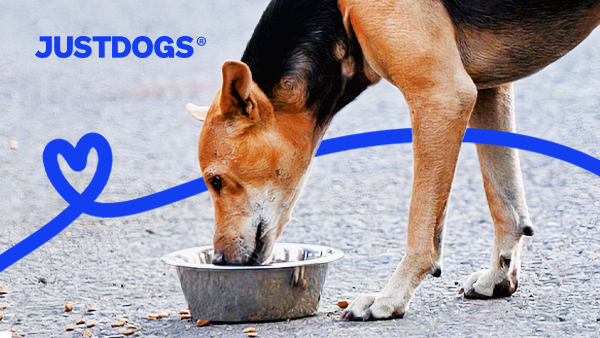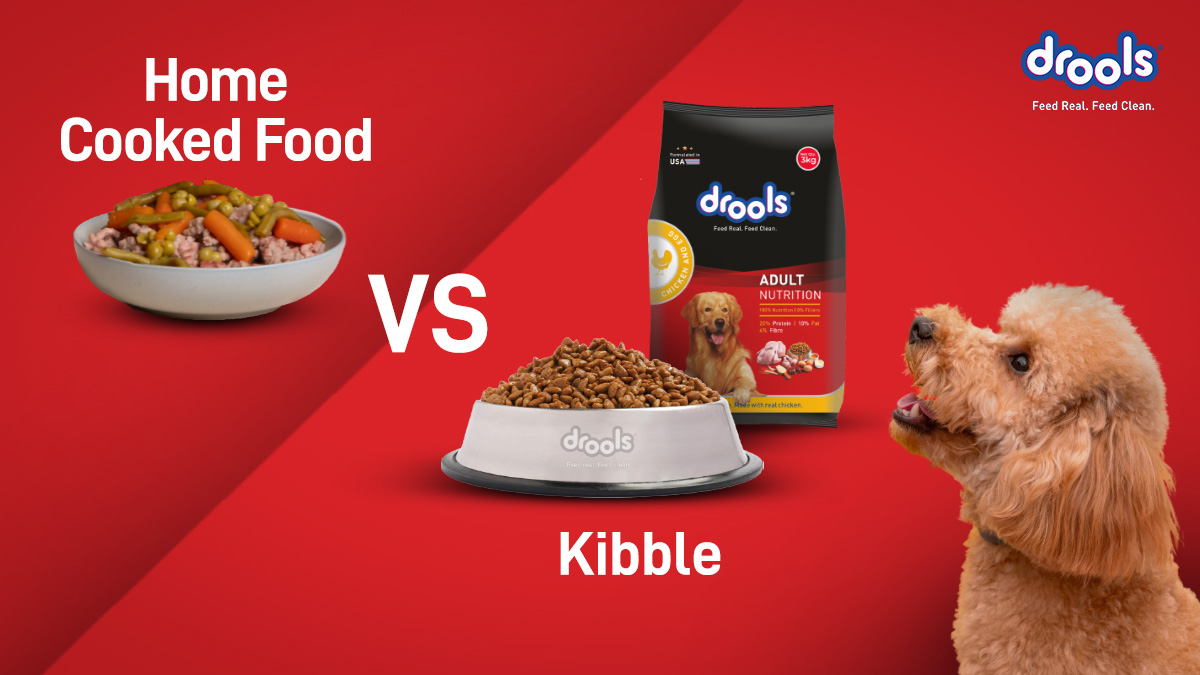Certain breeds of dogs (eg, hound breeds, working breeds, herding breeds, gundogs, and terriers) are bred for specific purposes such as hunting, search and rescue, and to assist the police or specially abled humans. While working dogs serve with the defense, customs, and border patrol, service dogs assist the deaf and blind. As a result of their unique genetic makeup they tend to possess higher energy levels than that needed for normal living. Training and diet play an equally important role in the conditioning of the athlete in them and improving their performance.
Here is a brief on the dietary needs of working dogs.
Fat
Working dogs derive 70% to 90% of their energy from fat metabolism. Endurance athletes and intermediate trained athletes should be fed a high-fat diet. A high-fat diet increases the free fatty acid level in the body. The muscles efficiently mobilize these free fatty acids for energy. Also, fat in the diet improves palatability and encourages good feeding.
Proteins
About 5% to 15% of the energy utilized during exercise comes from amino acids. Essential amino acids (such as leucine, isoleucine, and valine) should be supplied in the diet. Muscle and organ meat proteins are the best sources of these essential amino acids and are the most digestible forms.
Carbohydrates
As long as other noncarbohydrate components that aid in the formation of glucose are available in a dog’s diet, there is no specific requirement for carbohydrates (except during pregnancy and for puppy development). However, it is recommended that working dogs be fed easily digestible carbohydrates to reduce the stool bulk. Excess undigested carbohydrates can lead to unnecessary weight gain in dogs.
Water
It is important to keep dogs well hydrated, as even mild dehydration can impair performance, cause weakness, and increase body heat. Water loss is said to be higher during exercise than that during less active times. Hence, moderate quantities of water should be provided throughout the exercise session. If a dog has consumed in- adequate water, then supplementing it through the diet can help.
Supplements
If a working dog consumes a nutritionally well-balanced diet in adequate quantity, then there is no specific recommendation for supplements.
Other key factors such as the dog’s housing (indoor/outdoor), medications, timing of meals, exercise and training, environmental temperature, and psychologic stress should be considered while tailoring a working dog’s diet plan.
A nutritionally well-balanced diet can go a long way in improving a working dog’s stamina, strength, and performance.











Comments
weekend Vibes says
Jan 24, 2023 05:14:02I have made a blog of pet fed mumbai 2023, please see and give suggestion - https://youtu.be/ax2e64g0s2M